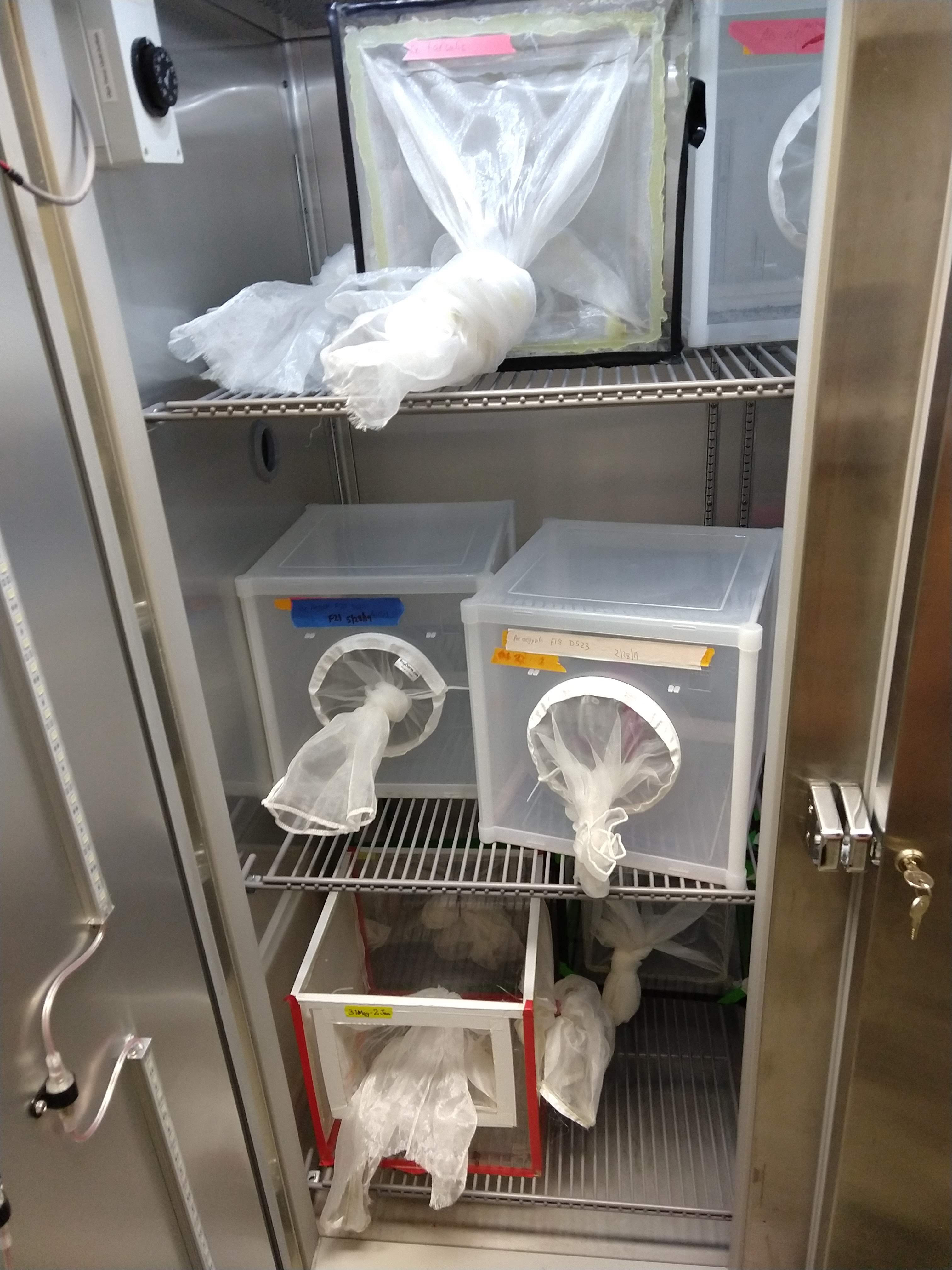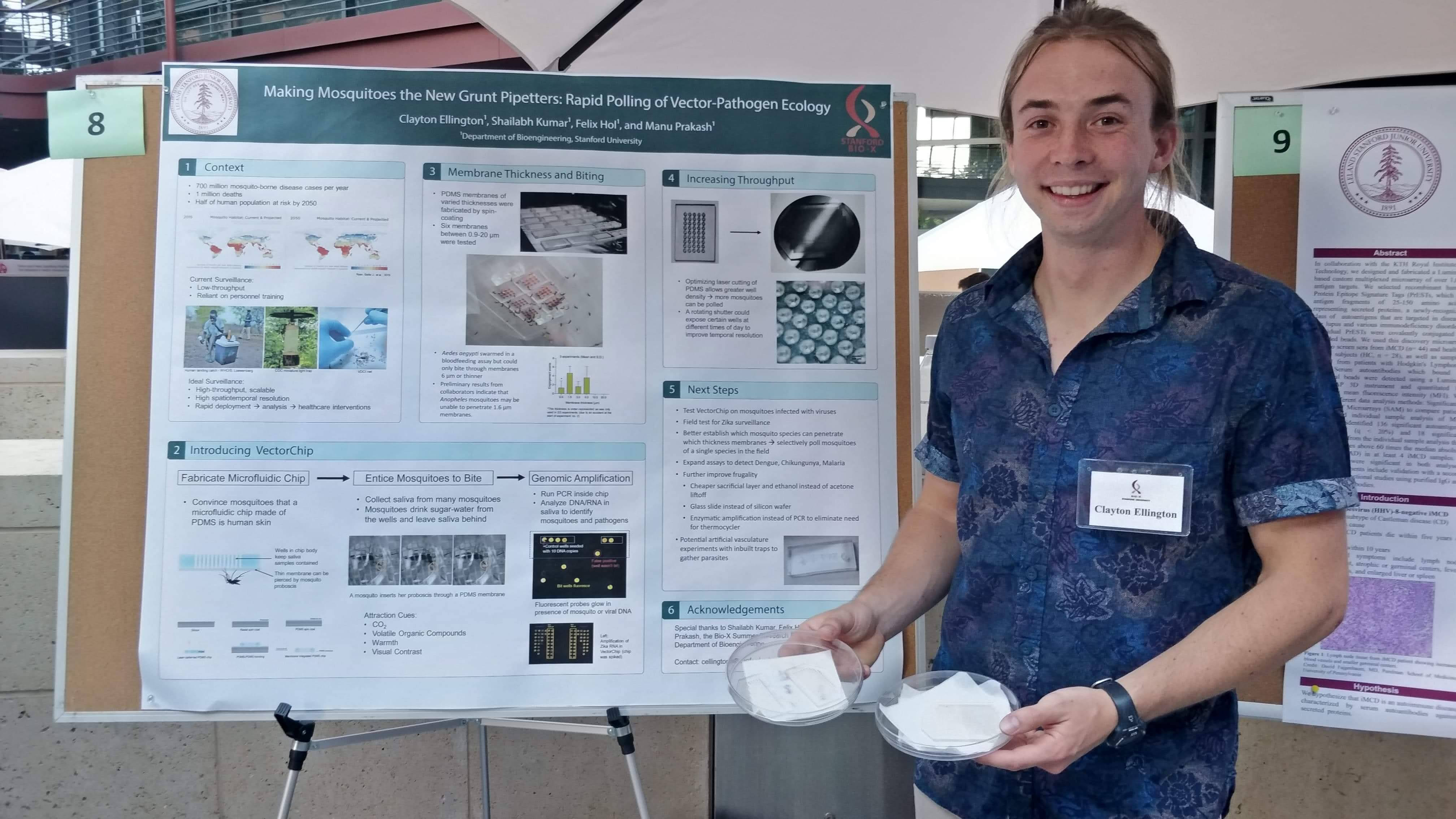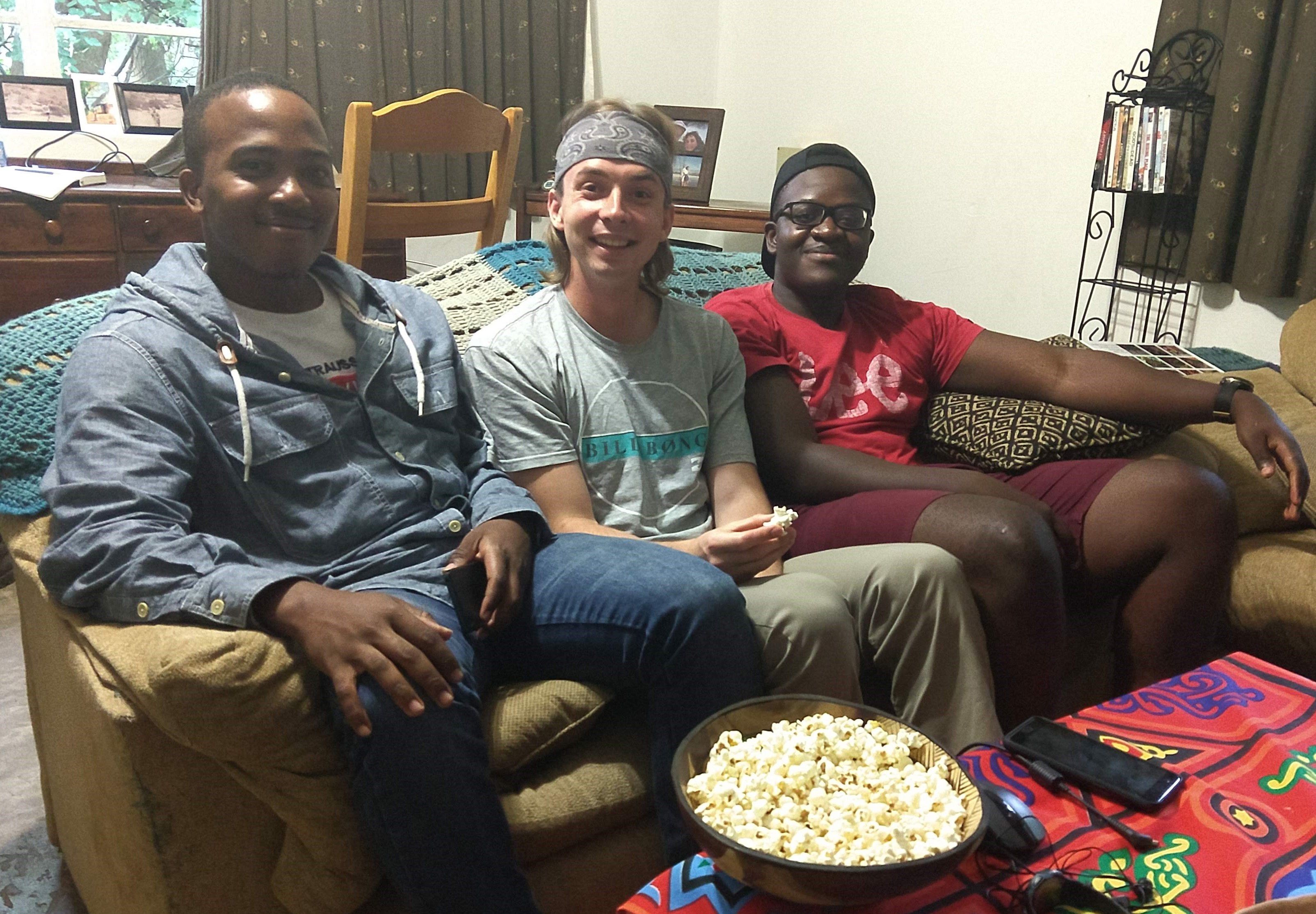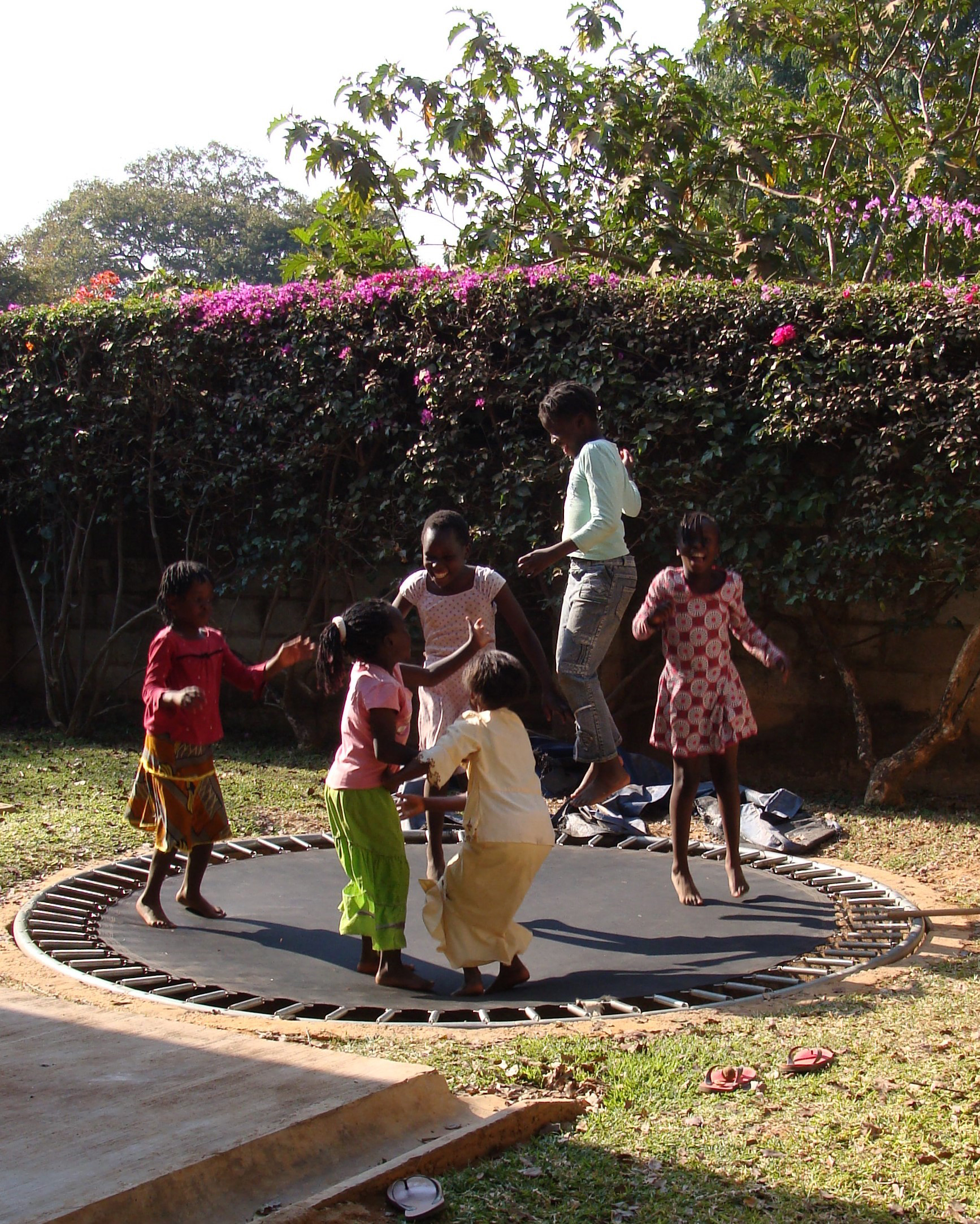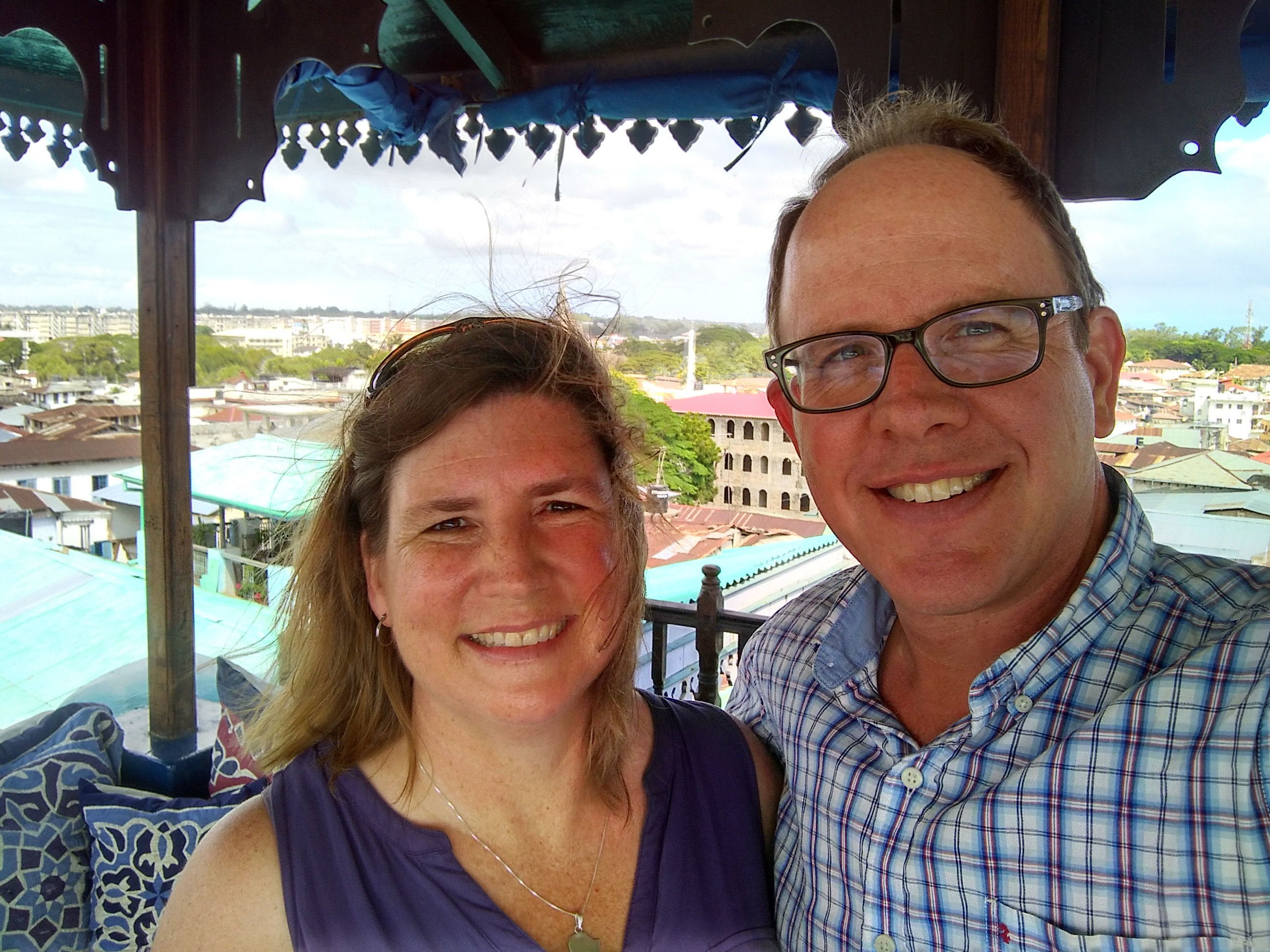A Letter from Dustin and Sherri Ellington, serving in Zambia
October, 2020
Write to Dustin Ellington
Write to Sherri Ellington
Individuals: Give online to E200478 for Dustin and Sherri Ellington’s sending and support
Congregations: Give to D507543 for Dustin and Sherri Ellington’s sending and support
Churches are asked to send donations through your congregation’s normal receiving site (this is usually your presbytery)
Subscribe to our co-worker letters
Dear friends,
Normally our letters focus on our ministry, our students, our Young Adult Volunteers, or our African partners, but this time we’d like to take an extra step back and share how God has touched our family in a redemptive way over the past 10 years, specifically in the life of our older son, Clayton, now 22.
When we moved to Zambia in 2010, our family had just gone through a difficult and confusing time of being forced to leave our friends and ministry in Egypt. That experience left me with some trepidation about moving our family to Zambia, but my sense was that Jesus was addressing us from Zambia, saying, “It’s okay to come. I’m here.” We continued to ask why God had allowed the difficult, life-altering event of leaving Egypt. We longed to be able to say, like Joseph after being sold into slavery, that what others “meant as evil, God meant for good.” Our question has continued with us over the years. For me (Dustin), the opportunity to train much-needed pastors for the growing African church has been an important answer—one major way we’ve seen God work for good. But we’d like to share another answer that’s also close to our hearts.
Clayton was in seventh grade when we moved to Zambia. He loved living on the campus of Justo Mwale. He’d look for chameleons in the yard. He crafted bamboo bows and arrows with other faculty kids. He’d run or ride bikes to the local crocodile farm and eat a croc burger at its cafe. “But it wasn’t all idyllic,” Clay tells. He saw that our next-door neighbors’ daughter, Tembi, developed much more slowly than other children. He learned she had contracted cerebral malaria as a baby. He also learned that some of the children in the homes around ours were living with aunts and uncles because their biological parents had died of infectious diseases.
Seeing sickness affect people’s lives got under Clay’s skin, disturbed him, and made him curious about how to make a difference. It motivated him in school. When the power went off at home, he would read by candlelight. He tied wet cloths to his body during the hot months so he could keep cool enough to study. He volunteered in the pathology lab of the Coptic Mission Hospital (yes, Egyptian Christians in Zambia!) where he ran tests for infections. He volunteered at the Macha Malaria Institute, where he learned to raise mosquitoes for research and to extract DNA from the blood in their abdomens. He once did rounds with a doctor in a village hospital and came to tears nearly every other minute.At Stanford University, Clay majored in bioengineering; he knew he was in the right place when he joined the lab of Prof. Manu Prakash, a world leader in developing low-cost medical tools for resource-deficient settings. In the Prakash Lab, Clayton continued mosquito husbandry and joined a team developing an inexpensive chip that entices mosquitoes to bite it. After capturing their saliva, the device tests it for parasites and holds the data for quick monitoring of a region’s mosquitoes for pathogens.
Clay also learned about onchocerciasis, or river blindness, which affects 20 million people worldwide, many of them in Africa. Last year, he and four other graduating seniors designed the “onchoscope,” a low-cost microscope for detecting this parasitic disease much more easily than was previously possible.
Now Clayton has moved to the Pasteur Institute and the Center for Research and Interdisciplinarity in France, where he continues learning and will have access to 20 different species of mosquitoes for testing the chip developed at Stanford.
In Africa and beyond, disease and poverty are deeply intertwined. Each year, 700 million people are infected with diseases transmitted by mosquitoes, and one million of these people die. You can imagine how this undermines families’ ability to thrive.
If we hadn’t moved to Zambia, Clay might not have experienced firsthand how malaria and other infectious diseases affect people’s lives. Presbyterian World Mission did not send us to Zambia so Clay would be inspired, but a side benefit of us going where God led us is that it placed Clay in a situation where he was shaped with empathy and passion to make a difference.
In the Joseph story I mentioned at the beginning of this letter, Joseph says that what others “meant for evil, God meant for good, to bring it about that many people should be kept alive…” (Gen. 50:20). Of course Clay is only 22 and his career path could change, but as we see him contribute to research teams fighting disease, Sherri and I feel a sense of redemption. What we lost when we left Egypt has turned into something good, and possibly good for the lives of many.
Sometimes, what disturbs us or causes us to suffer becomes our best means of learning, and even a means of grace to shape us into the people God is calling us to be. Though we were crushed to leave Egypt, we feel that what once seemed like evil’s victory has turned to good.
We pray our story may give you hope amidst the disturbances and difficulties you face.
We would also appreciate your prayers:
1) For Clay’s year in France, that it would prove fruitful for his life and work.
2) For our younger son, Chris, who learned, the night before leaving to start his first year at Northwestern University, that the school would not be allowing freshmen and sophomores to come to campus. A big adjustment!
3) For Sherri and me to have a fruitful time in the USA, especially in studying, writing, and developing vision for future ministry.
4) For Justo Mwale University, that it will persevere to be a leading Christian university in Africa despite the pandemic and other obstacles.
Thank you so much for your love, care, and support. To give to continue our work, please click the link above. Please always feel free to be in touch. We enjoy connecting with you.
Yours in Christ,
Dustin and Sherri Ellington
![]() You may freely reuse and distribute this article in its entirety for non-commercial purposes in any medium. Please include author attribution, photography credits, and a link to the original article. This work is licensed under a Creative Commons Attribution-NonCommercial-NoDeratives 4.0 International License.
You may freely reuse and distribute this article in its entirety for non-commercial purposes in any medium. Please include author attribution, photography credits, and a link to the original article. This work is licensed under a Creative Commons Attribution-NonCommercial-NoDeratives 4.0 International License.

